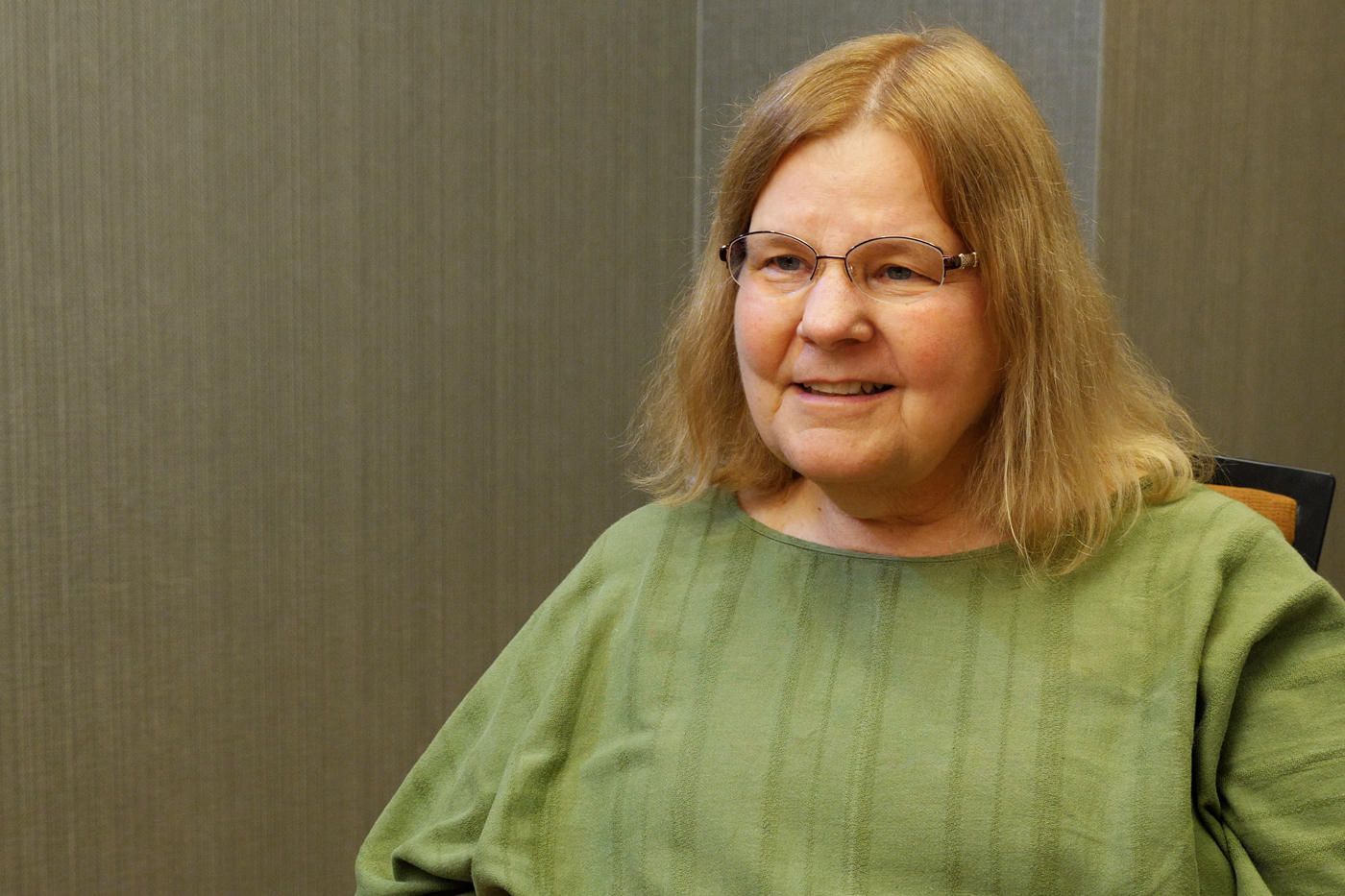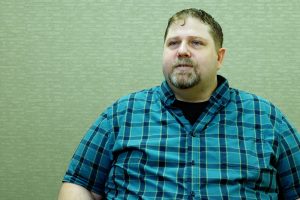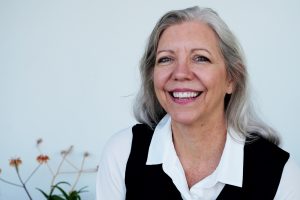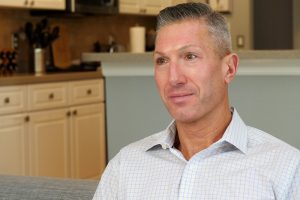An Unexpected wAIHA Diagnosis
By Jackie, wAIHA Warrior

Being diagnosed with any disease is a harrowing experience but being diagnosed with a rare disease with no cure and few treatment options is especially distressing, as wAIHA patient Jackie shares.
“When I was diagnosed, I was told nothing other than you have it and kind of good luck. It wasn’t that cold, but it felt that cold because I was thrust into a world I knew nothing about.”
Jackie’s diagnosis was discovered after blood work at a routine physical came back abnormal, and her life has been deeply impacted ever since. Keep reading as Jackie shares more about her diagnosis and the importance of wAIHA research.
What symptoms do you experience with wAIHA?
I’ve had it for 11 years, and it’s a real rollercoaster ride. When my hemoglobin levels are too low, I will fall asleep over and over again. And it’s not like, ‘Oh, I’m going to take a nap.’ No, I’m out. So, it’s not safe to be out in the world that much. I also get constant flu-like symptoms. It feels like I have the flu all the time. At a certain point, it’s just trying to survive.
How has wAIHA impacted your relationships?
I have close relationships with siblings and nieces and nephews and it’s a worry to them. They see that I have struggles. I try not to be around when I’m going through the most severe parts of it, but it’s a strain for them.
How has wAIHA impacted your daily life?
The unpredictability impacts daily life. I’m a very active person when I can be, and I’m involved in a lot of things, however, I have an understanding with my friends and family that I may or may not be able to do things. I try not to let it stop me from living my life, but it can be hard. After 11 years, I have a good sense of when I need to pull back and when I can be more involved and engaged.
Do you think it’s important to conduct wAIHA research, and if so, why?
It’s very important to conduct wAIHA research. If there were an effective treatment, it would mean that I would no longer have to suffer. Right now, there aren’t any treatments that get to the root cause, so I am glad to see that more research is being done. I don’t want anybody else to go through what I’ve had to go through.
Learn More About Jackie’s wAIHA Journey
Are You Living with wAIHA?
If your story is similar to Jackie’s, you may be eligible to participate in wAIHA research. Learn more about the ENERGY Study clinical trial eligibility criteria.
A Childhood Impacted by wAIHA
While warm autoimmune hemolytic anemia (wAIHA) is more common in adults, the condition doesn’t discriminate against children, as Dave, who lives with wAIHA shares. “I was diagnosed with wAIHA as a child. Initially, my doctor said I’d be in the hospital for two to three days. I ended up missing the last two years of…
Participating in Rare Clinical Trials
While rare diseases are categorized as such for a reason (they impact less than 200,000 people), more than 30 million Americans, or approximately 1 in 10, live with a rare disease. Those living with a rare disease and their loved ones know how scary, isolating, and physically and emotionally draining it can be – but…
Living with wAIHA
Warm autoimmune hemolytic anemia, or wAIHA, is a rare blood condition that impacts about 45,000 people in the U.S. While it doesn’t affect a large population, there’s no denying its significance in those who live with it, as ENERGY study participant Sean shares. “I went from one day being a completely healthy 45-year-old male to…



